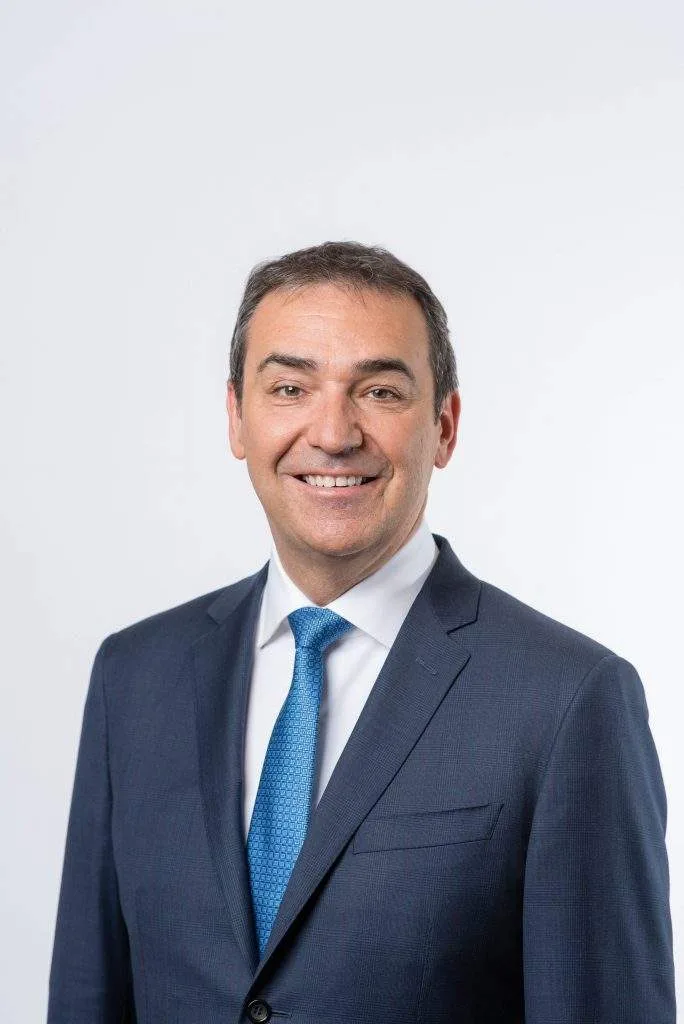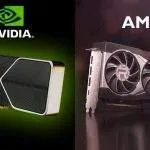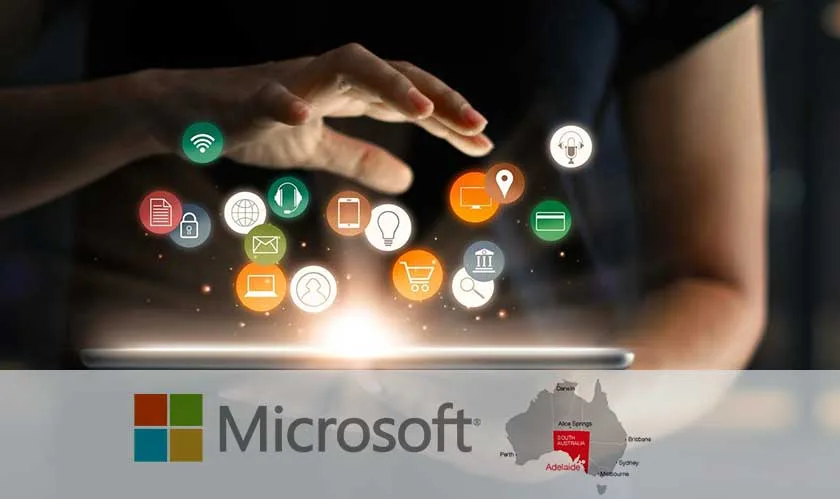Microsoft, one of the world’s largest technology companies, is expanding into South Australia to set up its Azure Space team on lot fourteen in Adelaide. In an innovative collaboration, Microsoft and Nokia have partnered with the South Australian government to innovate with space technology and 5G telecommunications to bring a new class of digital solutions to the industry.
The collaboration will combine cutting-edge technologies like artificial intelligence with global industry expertise to demonstrate how space technology and 5G can bring about a new era of digital transformation.
Prime Minister Stephen Marshall welcomed the partnership between Microsoft and Nokia.
“This partnership between Microsoft and Nokia further strengthens our country’s position in the global space industry,” said Premier Marshall.
“It is a testament to our good reputation as a forward thinking and collaboration within the high tech and space industries, that companies of this calibre continue to be attracted to South Australia.
“We welcome Microsoft and Nokia to Adelaide and look forward to working with both companies to build an even stronger space industry in South Australia and create many local jobs.”
The global space industry is estimated at $450 billion, reaching $1.1 trillion by 2040, with 5G technology set to add $8 trillion to global GDP by 2030.
Trade and Investment Minister Stephen Patterson said South Australia’s reputation is increasingly recognized as the epicenter of Australia’s space economy, with collaboration, partnerships and innovation paving the way for the growth of the Australian space industry.
“Our continued investment in the Lot Fourteen innovation precinct and our continued work with the industry on a $6.5 million initiative to design and build a low earth orbit satellite to provide space-derived services to the state, signals the South Australia’s determination to continue to lead in this sector,” said Minister Patterson.
“The capabilities of Microsoft Azure Space help address some of the most challenging technology challenges that companies face in space and in industries as diverse as agriculture, mining and resources, transportation, logistics and the public sector.”
Microsoft’s Lynn MacDonald, a former US Air Force colonel and head of Azure Space Australia, says both companies will explore how space and 5G innovation can be used to benefit South Australia and nationally.
“We are excited about this agreement with the South Australian Government and the opportunity to work with Nokia to bring together multidisciplinary experts to develop, test and deploy new technologies and strategies that respond to some of the biggest challenges businesses face today” said McDonald.
“This important collaboration with Nokia will enable Australian organisations across multiple industries to take a giant leap into a new era of communications and cloud computing, by making the most of space data and technology and catapulting it to the forefront. digital innovation.
Nokia believes this collaboration will provide solutions that will have a lasting impact on Australian industries.
“Nokia is proud to partner with Microsoft and the Government of South Australia to explore the transformative potential of the industry for 5G and space,” said Anna Wills, Managing Director of Australia and New Zealand at Nokia.
“We believe that by combining our 5G capabilities for industry with Microsoft’s computing and space capabilities, we can deliver solutions that promise a profound and lasting impact on Australian sectors in terms of productivity, performance and security. We are glad to start this work. in South Australia.”
Microsoft and Nokia are also working with the South Australian government’s office for women on the recently released South Australia Women’s Leadership and Economic Security Strategy, exploring ways to better promote diversity in STEM.
Microsoft is also working with the Australian Institute for Machine Learning on space modeling innovation and is partnering with Stone & Chalk at the Lot Fourteen innovation center.
Another startup that has received support from Microsoft is Spiral Blue, which is building an onboard computer for Earth observation satellites that processes satellite images as they are collected. Currently, due to bandwidth limitations, most of the processing is done on the ground, which means that only a small portion of the data is sent back, which can be collected and turned into useful information.

Further information can be found at, www.invest.sa.gov.au







